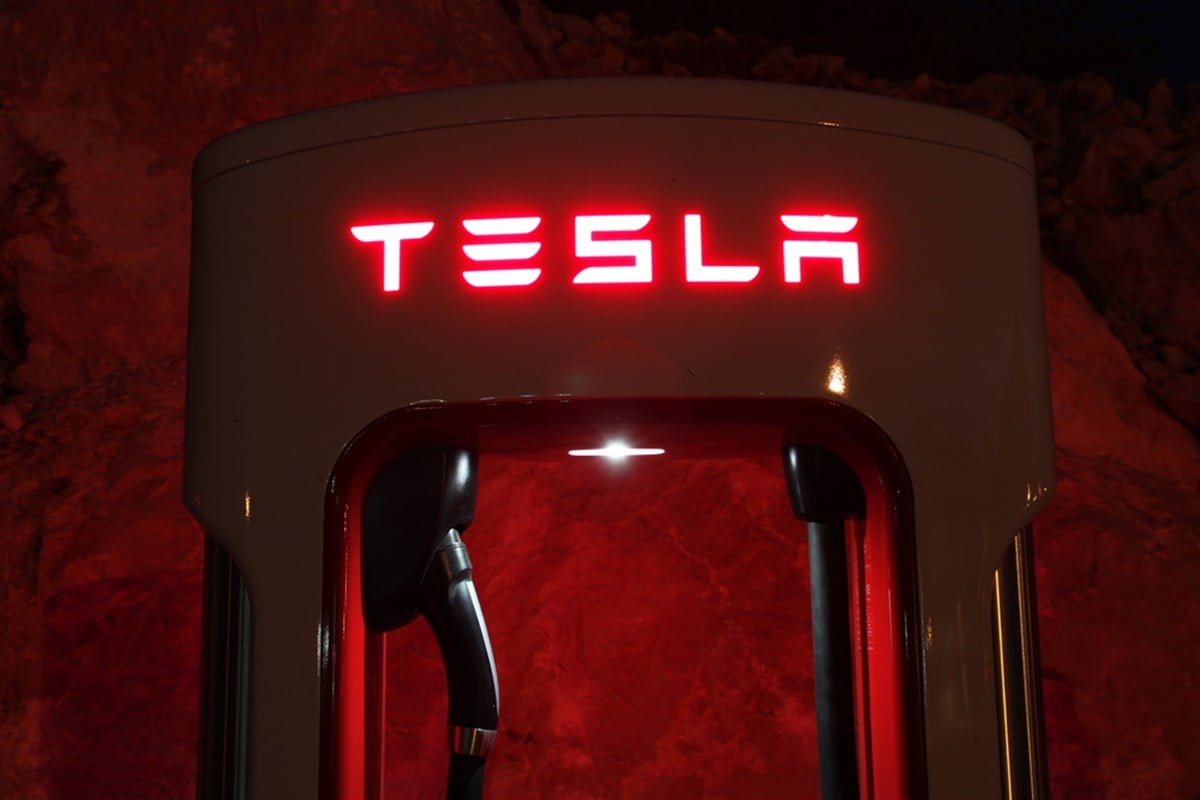
In 2024, Tesla (NASDAQ: TSLA) finds itself navigating through a year filled with turbulence, starkly contrasting its historical performance as a leader in the electric vehicle and technology sectors. With shares plummeting, Tesla now holds the unfortunate title of being the worst-performing S&P 500 stock, down nearly 40% for the year. This week alone, the company has experienced close to a 10% decline amidst more negative headlines.
However, the broader market has seen a steady ascent, with gains of almost 6% year-to-date. Similarly, the tech sector has shown resilience, boasting an uptick of nearly 4.5% during the same period.
So, let's delve deeper into the recent catalysts behind Tesla's downward spiral and examine the insights from analysts and insiders. By understanding these factors, we can better understand the stock's current position and potential future trends.
Recent Catalysts and Challenges Driving the Stock Lower
Ahead of Tesla's upcoming earnings report on April 23 after the market closes, the company has faced several challenges. Recently, CEO Elon Musk announced plans to lay off more than 10% of Tesla's global workforce to streamline operations and boost productivity. This decision followed a memo in which Musk emphasized the need for cost reductions and efficiency improvements. The news caused Tesla's shares to drop by over 5% on Monday.
Furthermore, earlier this month, Tesla reported its first annual decline in vehicle deliveries since 2020, with first-quarter deliveries down by 8.5% year-on-year to 386,810 vehicles. Despite offering discounts and incentives to customers, production fell by 1.7% compared to the previous year and by 12.5% sequentially.
Additionally, on April 17, Tesla proposed a controversial $56 billion pay package for CEO Elon Musk, seeking shareholder approval. This plan, previously rejected by a Delaware Chancery Court judge in January, has prompted Tesla to consider moving its incorporation from Delaware to Texas. These developments underscore Tesla's challenges and strategic shifts as it navigates a critical phase of its growth trajectory.
[content-module:CompanyOverview|NASDAQ: TSLA]
Sentiment for TSLA is Negative
Despite enjoying a huge fan base and consistently being one of the most searched-for stocks, Tesla's current sentiment is predominantly bearish. Recent data reveals analysts' shift from a Hold to a Reduce rating, a downgrade from its previous rating. This rating places Tesla below the consensus rating for other auto companies, which remains at Hold, and the S&P 500 consensus rating.
Over the past several weeks, there has been a notable trend of analysts revising their price targets for Tesla. Notably, analysts at JPMorgan slashed its target from $130 to $115, Wells Fargo reduced theirs from $125 to $120, and on April 10, analysts from Jefferies Financial Group adjusted their target from $185 to $165. Despite the recent downgrades and prevailing bearish sentiment, it's noteworthy that the consensus price target for Tesla still stands significantly above its current stock levels. With a consensus price target of $197.15, analysts foresee an impressive 27% upside potential.
While insider transactional activity has been quiet for Tesla over the previous twelve months, it's worth noting that there have been five recorded sales of the stock and no purchases. Over the last twelve months, five insider sales have been recorded for $71 million, with no insider buying occurring during the same period.
A Technical Overview
From a technical analysis perspective, it's not a pretty picture either. The stock is trading below its key Simple Moving Averages (SMA), including its declining 200-day SMA. This action solidifies the severity of the downtrend in the stock. In the near term, as the stock approaches a significant catalyst, upcoming earnings, it is trading near a potential level of support near $150, which acted as a turning point in the first half of 2023 for the stock.



